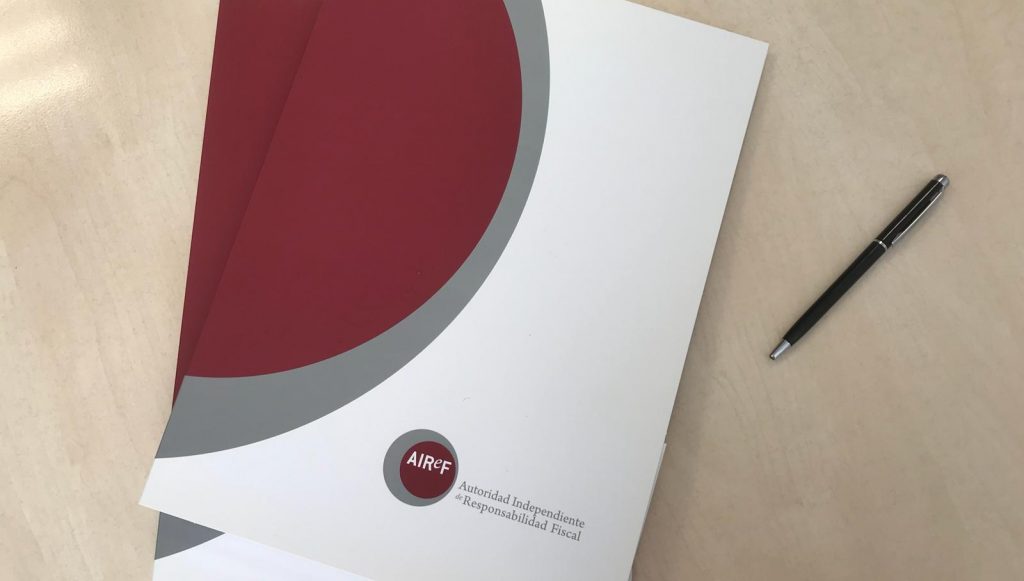
The Independent Authority for Fiscal Responsibility (AIReF) has updated the self-assessment of its macroeconomic and fiscal forecasting that it first published in February 2022. This transparency exercise, in line with AIReF’s core values, places AIReF on a par with other independent fiscal institutions that already perform this type of exercise and fulfils one of the main recommendations made by the OECD to AIReF and AIReF’s 2020-2026 Strategic Plan.
The analysis shows that the Spanish economy maintained some resilience in 2022, which is reflected in an estimate of GDP growth that was higher than AIReF’s spring forecast for that year. This result extends to the main aggregates of demand. In the budgetary area and compared with other institutions, AIReF’s deficit forecasts were more accurate on average in both 2021 and 2022.
Taking the period 2016-2022 as a reference, it can be seen that, in general, the characteristics of AIReF’s forecasts, according to the statistics generally used to analyse forecasting quality, are satisfactory. In the budgetary area, the analysis does not identify any significant biases in AIReF’s fiscal forecasting over the period 2016-2022.
AIReF points out that its forecasts were, on average, more accurate than those of the Government. It indicates that while the Government’s forecasts were more accurate at specific times, in general, for all the time horizons analysed, AIReF’s forecasts were more accurate and balanced. Specifically, they were, on average, 0.2 points more accurate and with alternating optimistic and pessimistic deviations, which shows the absence of significant biases. Even in 2021, the year in which AIReF’s forecasts showed the largest deviations, they were 0.4 points more accurate than the Government’s forecasts.
AIReF undertakes to continue working on improving the weaknesses detected in the estimation of certain headings. As the institution explains in the document, the forecasts, by their very nature, are subject to a high degree of uncertainty in normal circumstances. This has been highly accentuated in recent years as a result of the pandemic and the outbreak of the war in Ukraine and other geopolitical tensions. In such a shifting context, it becomes even more important to analyse forecasting errors.





